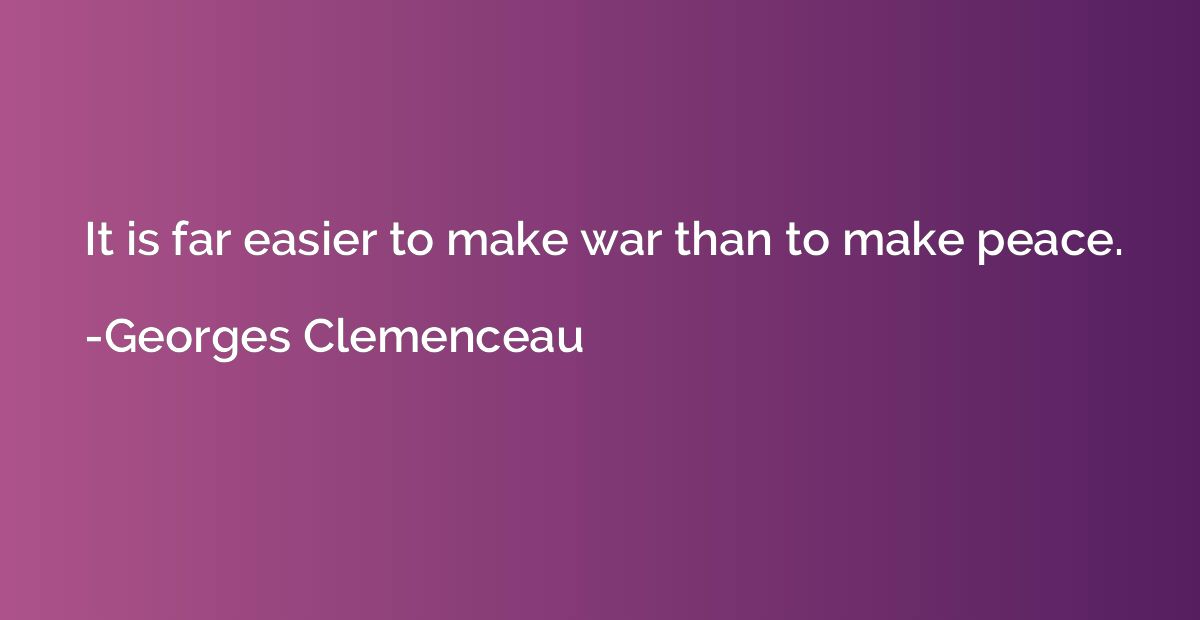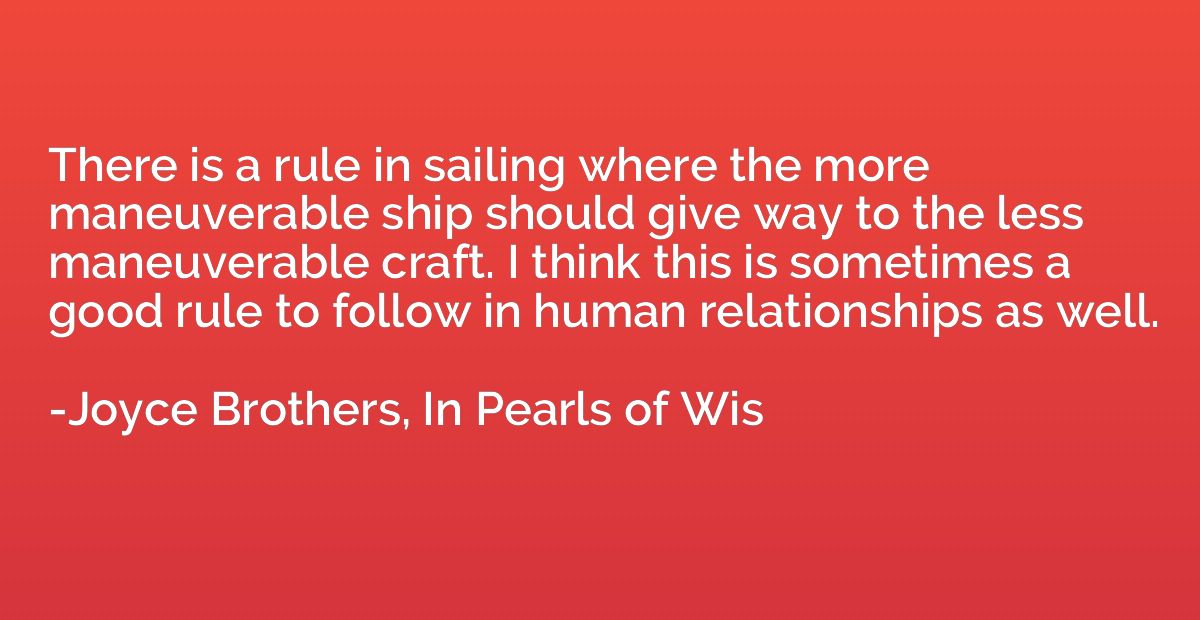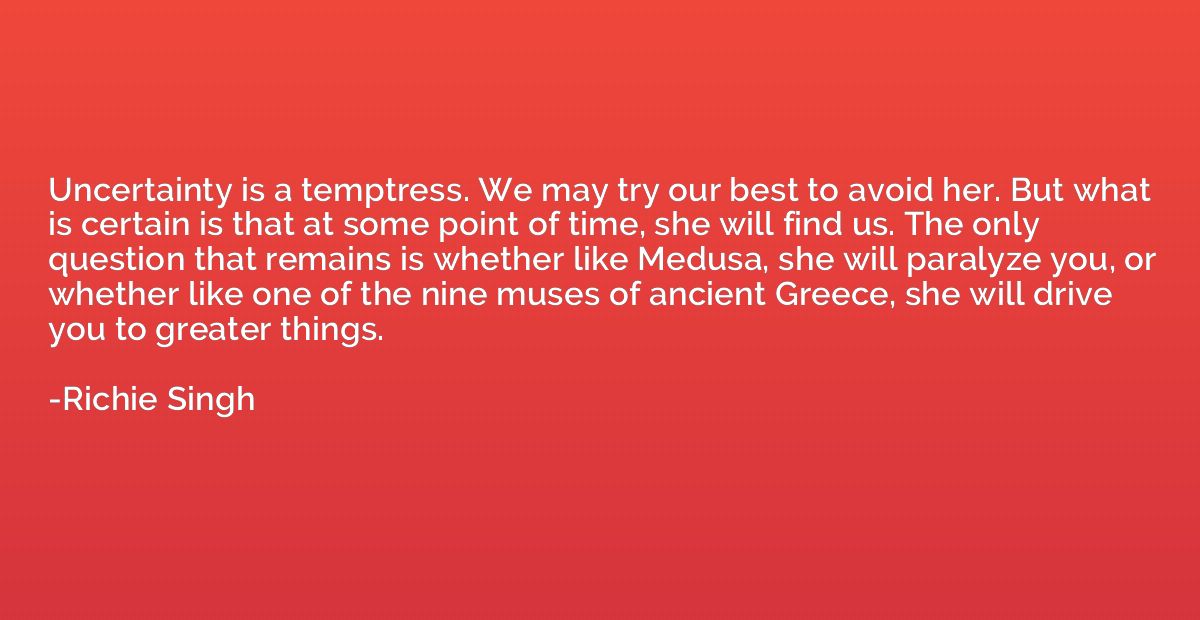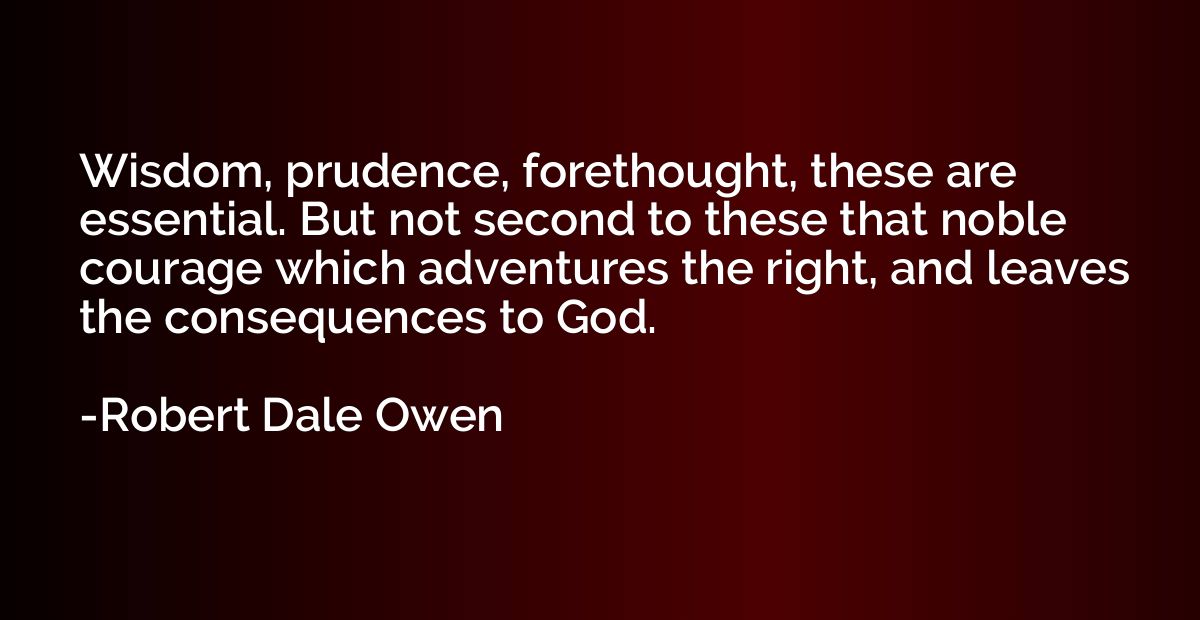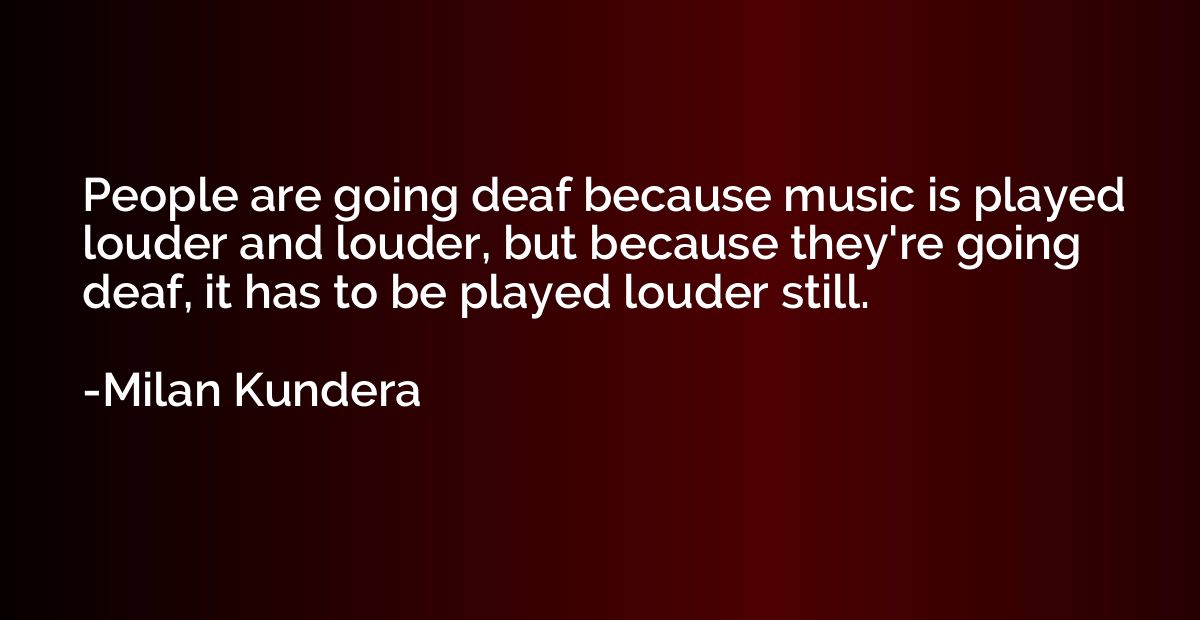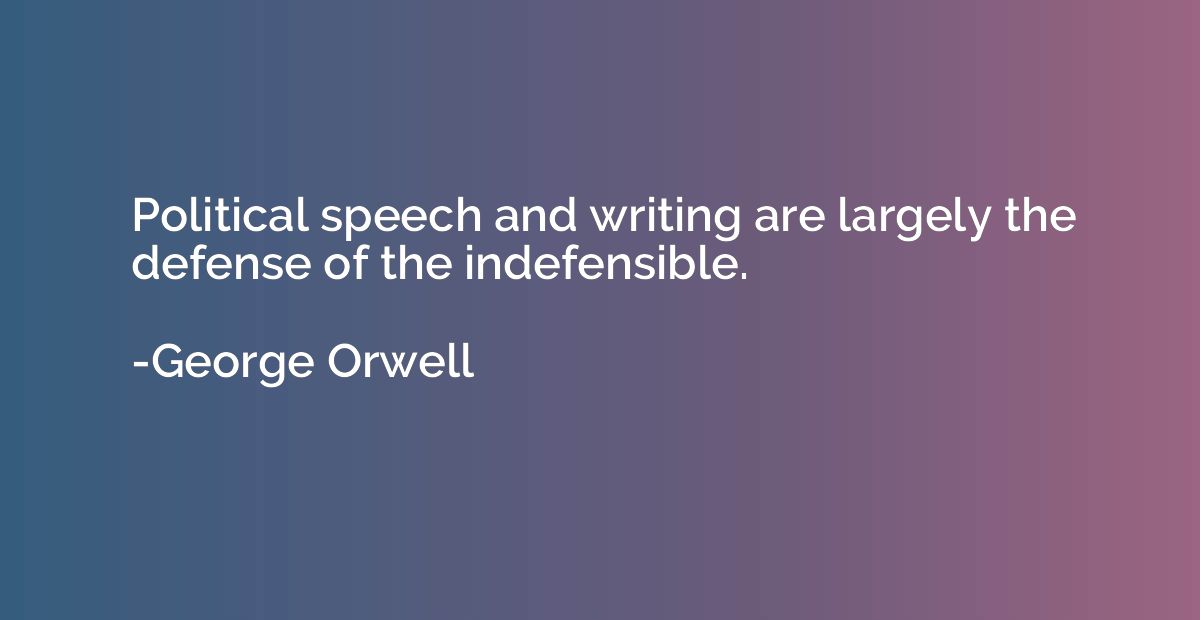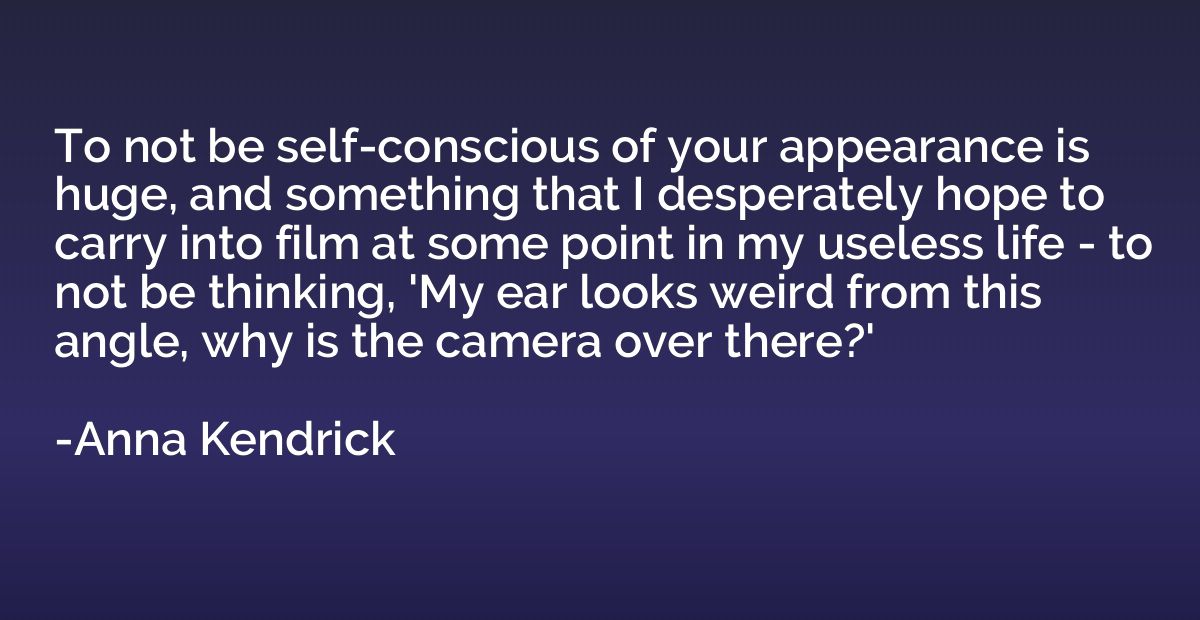Quote by Karl R. Popper
The history of science is everywhere speculative. It is a marvelous hiatory. It makes you proud to be a human being.
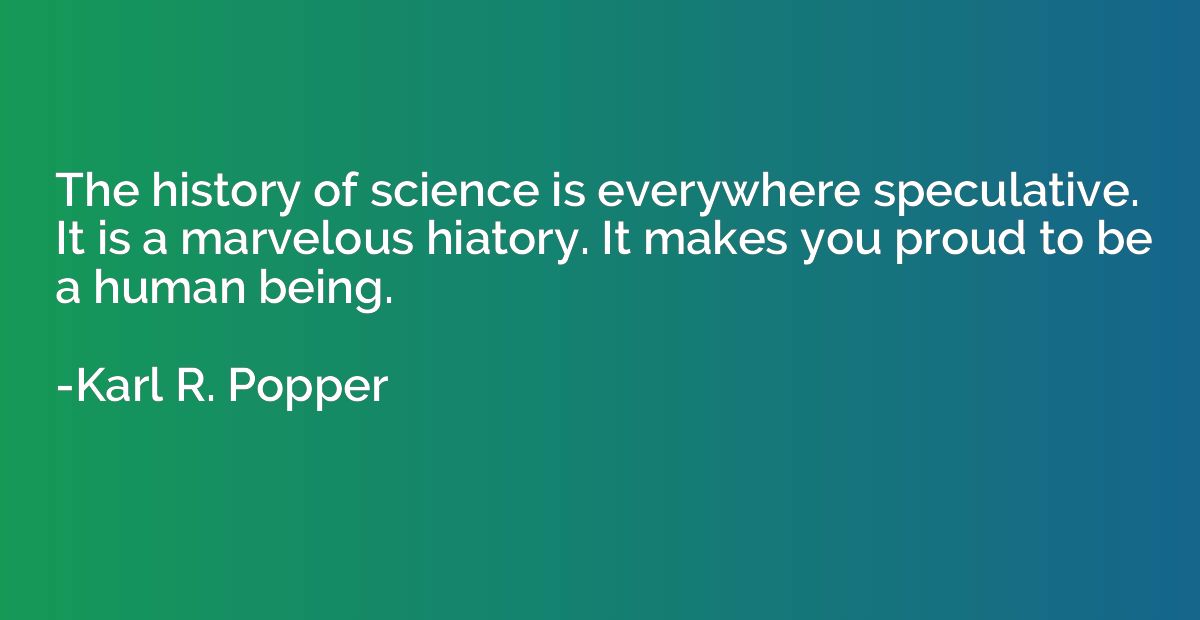
Summary
This quote expresses the idea that the field of science is characterized by its inherent speculation and exploration. The notion that the history of science is "marvelous" suggests that it is filled with awe-inspiring discoveries and accomplishments. Additionally, the quote implies that the study of scientific history evokes a sense of pride in our human capacity for discovery, innovation, and understanding of the world. Overall, it emphasizes the importance of scientific curiosity and the significant impact it has had on human progress.



